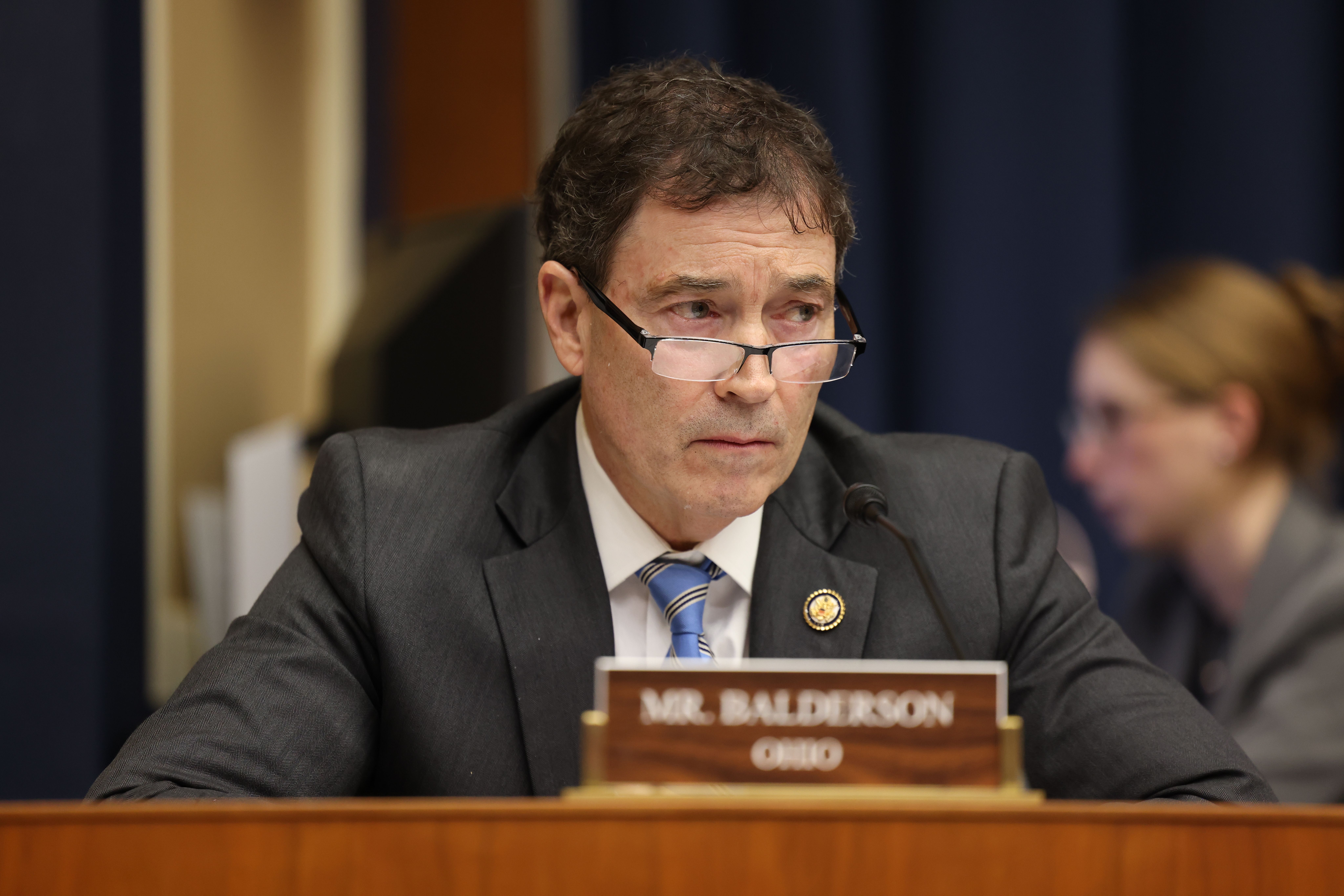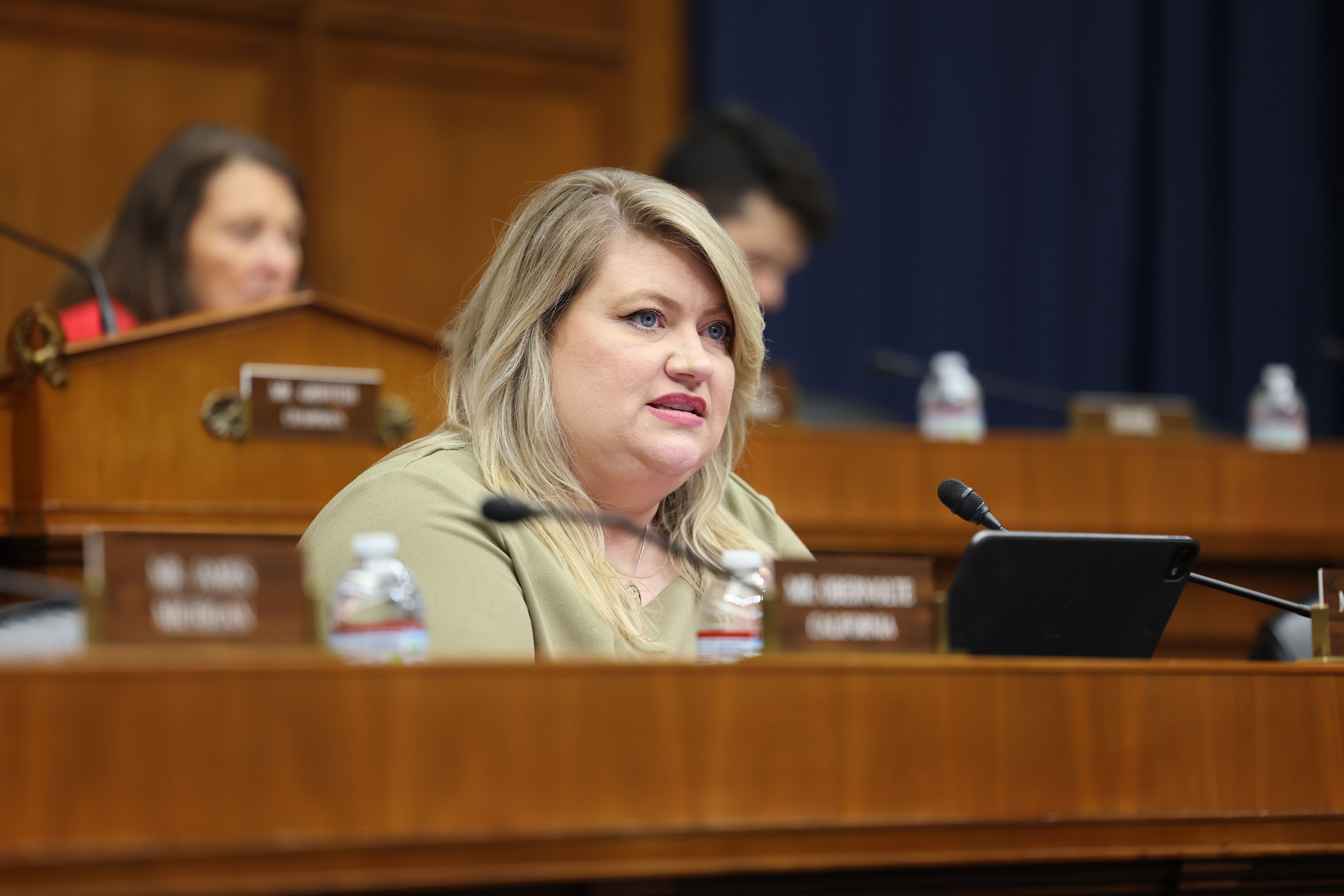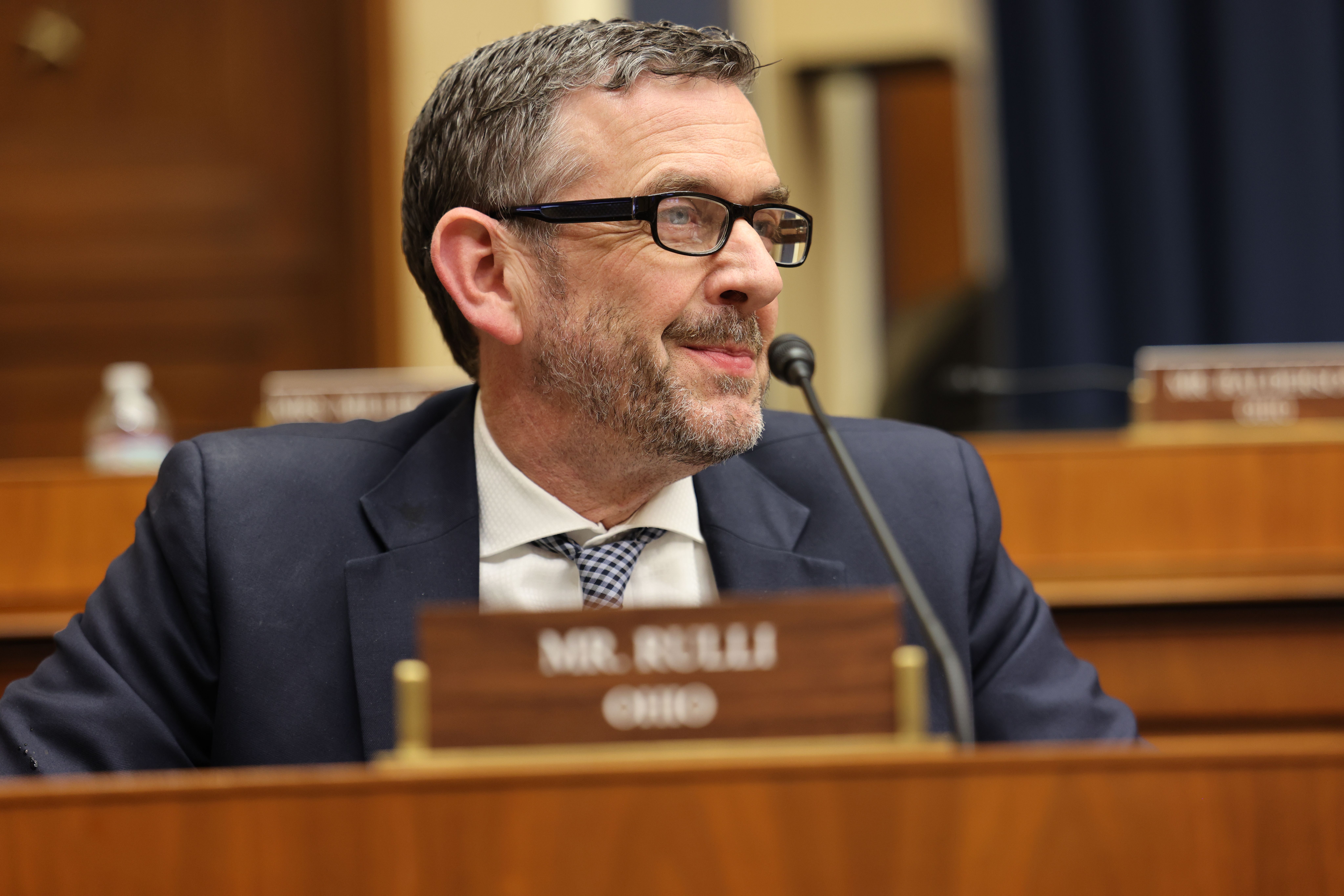WASHINGTON, D.C. – Congressman Morgan Griffith (VA-09), Chairman of the Subcommittee on Health, delivered the following opening statement at today’s hearing titled Lowering Health Care Costs for All Americans: An Examination of the Prescription Drug Supply Chain.
Subcommittee Chairman Griffith’s opening statement as prepared for delivery:
“First, I want to recognize the bipartisan bill that we were able to pass last week that included many important health care provisions and lowered health care costs for all Americans.
“Today, we will discuss health care costs and patient access challenges by examining affordability across the entire pharmaceutical supply chain.
“I’m proud of this subcommittee’s work, but there is still more to be done, which is why I am eager to continue building on our affordability series with today’s hearing that comes after we heard from insurance executives last month.
“We now will hear from stakeholders who are part of the complex pharmaceutical drug supply chain.
“To regular people, this system may seem simple: a disease is researched and a treatment is developed, then that treatment is manufactured and distributed to a hospital, pharmacy, or other health entity before it is dispensed to a patient.
“However, there are many more layers that are involved in this process that affect how a drug gets to a patient and how that drug is priced.
“One of the most frustrating aspects of the supply chain is that it operates in a blackbox.
“Luckily, we have witnesses here to provide their perspectives and shine a light on the process.
“Do each of these entities in front of us today play a role in getting the drug to a patient? Yes.
“Are there too many cooks in the kitchen at times? Probably so.
“Today is a great opportunity for Congress to get a glimpse and see what is happening, and look for ways to help make prescription drugs more affordable.
“In 2017, this same subcommittee held a hearing similar to this one.
“A lot has changed since then.
“I am glad we are reexamining what we learned from that hearing to continue working towards what we all want: lowering costs for patients while ensuring that America remains a leader in pharmaceutical innovation.
“We have PhRMA and BIO in front of us who can speak to the intricacies that go into researching, developing, and pricing a drug on the market.
“We will also get the perspective of generic drugs from the Association for Accessible Medicines who can speak on the issues in that area.
“We also have the Pharmaceutical Care Management Association here who is the trade association that represents pharmaceutical benefit managers, or PBMs.
“In theory, PBMs manage prescription drug benefits for insurance companies, employers, and others.
“What we heard in our hearing last month is that insurance companies own many PBMs.
“The largest three insurance owned PBMs control over 80 percent of the market.
“How they manage these benefits is a mystery and can lead to higher drug prices.
“However, just last week, led by Representative Buddy Carter from Georgia, Congress passed and the President signed into law the biggest PBM reform package in history.
“These bills will bring more transparency into this system, lower costs, and allow for more access to medicines.
“The Healthcare Supply Chain Association is here on behalf of Group Purchasing Organizations, or GPOs, which act as intermediaries between manufacturers and providers.
“In front of us is also the Healthcare Distribution Alliance, who is involved in the distribution of prescription drugs along the supply chain.
“I am looking forward to hearing from the National Community Pharmacists Association who is before us today as well, since they represent community pharmacists.
“These community pharmacies serve a critical role in bringing care to patients, especially in rural areas; yet, many have had to sadly close their doors in recent years due to factors we will discuss today.
“The ERISA Industry Committee is also here to discuss their point of view for employers when it comes to high costs, as well as decisions they make based on those costs.
“Each of these different entities play a unique role in how a drug finally gets to a patient.
“In this meeting, we will hear from these witnesses on how to navigate this complex web on behalf of the American people.
“I look forward to the discussion.”


